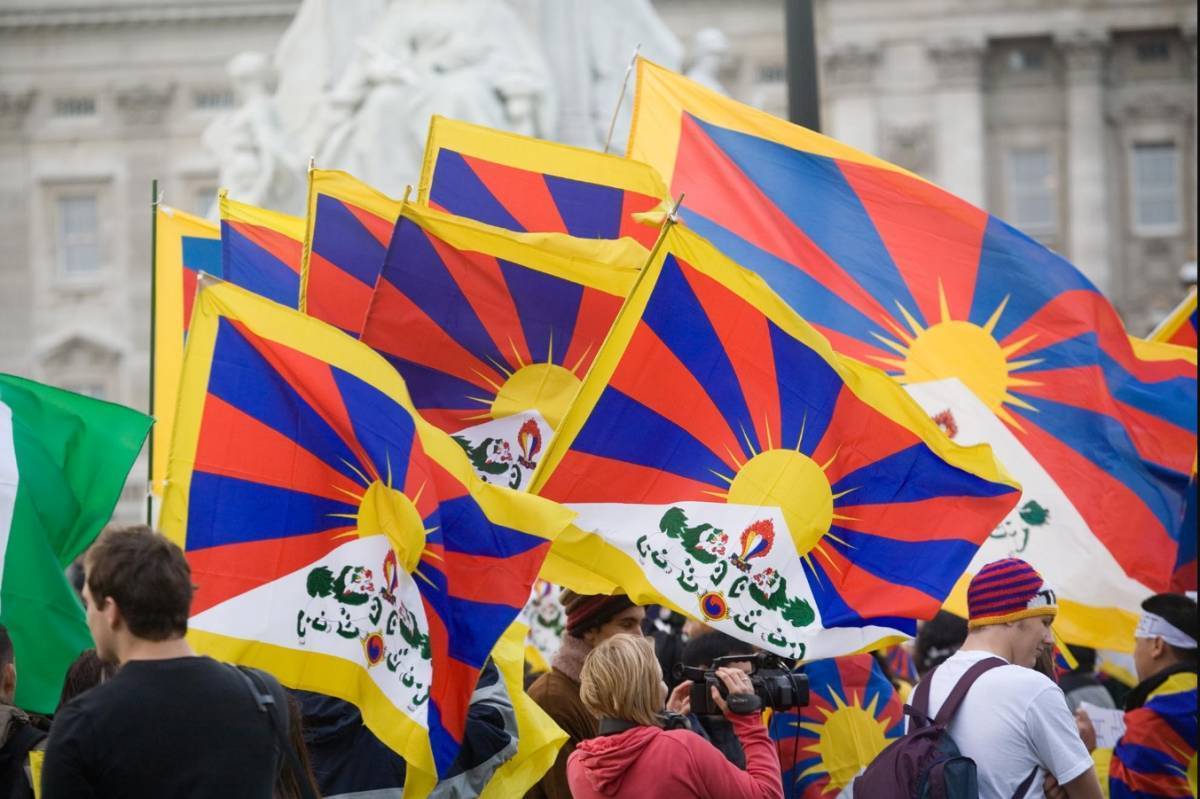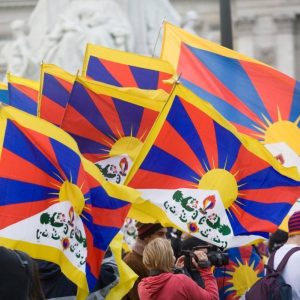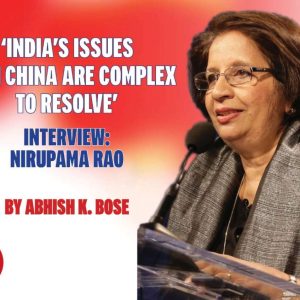At least a third of the region could melt due to the climate crisis, predicted a report released by International Center for Integrated Mountain Development (ICIMOD)…reports Asian Lite News.
The Chinese Communist Party is exploiting Tibet by making the region a dumping ground for toxic waste and has failed to provide the area with the resources needed to protect its fragile ecosystem and unique biome, said a report.
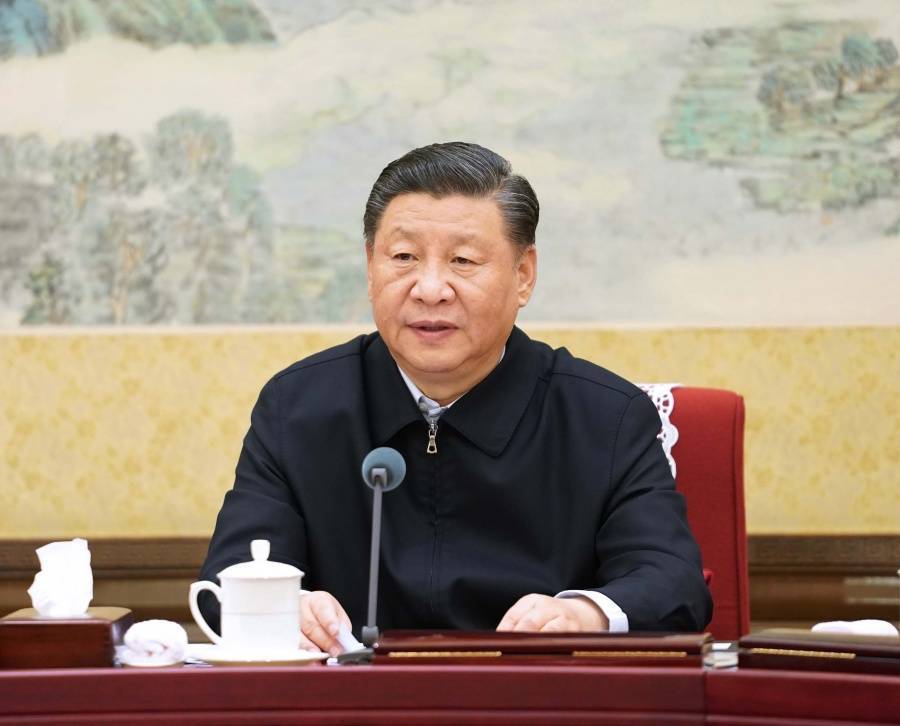
The CCP’s wanton disregard for Tibet is evident from the rapid industrial projects implemented in the region over the past several decades. Even Beijing’s recent white paper on Tibet barely bats an eyelid when it comes to environmental protection, mentioning only some small-scale projects in a few Tibetan cities, said Providence US-based journal.
The Tibetan Plateau is the world’s highest geographic area, with an average altitude of 14,370 feet (4,380 meters). Since its glaciers contain more frozen water than anywhere else in the world except for the Arctic and Antarctic polar caps, Tibet has been dubbed the “Third Pole”, the American publication said.
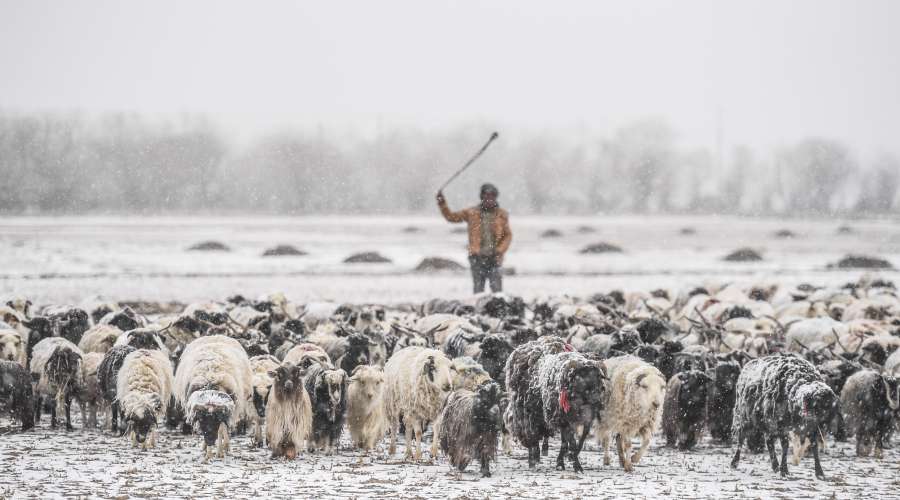
At least a third of the region could melt due to the climate crisis, predicted a report released by International Center for Integrated Mountain Development (ICIMOD). The carbon emission rate needs to be cut down for this scenario to be averted, the report claimed, adding that anthropogenic carbon emissions result primarily from fossil fuel mining, deforestation, and emissions from power plants and vehicles.
Due to China’s industrial activities, including lithium mining as well as mining for nuclear minerals in Tibet, the monsoon cycle of the region has also been deeply affected as the country’s industrial activities create a huge carbon footprint.
Beijing has been ignoring Montreal Protocol for its immediate economic gain. The protocol explicitly bans the use of hydrocarbons.
This practice causes drastic harm to the ozone layer that envelops the Earth’s atmosphere and protects us from harmful UV rays. Excessive industrial mining has not only robbed Tibet of its natural resources but has also left the land barren and infertile, said Providence.
Beijing’s restrictions on leading a nomadic lifestyle have also adversely affected Tibetan nomads and their land. The forced resettlement of nomads has left them jobless since they are not accustomed to the life of average job-seekers. The land that they once relied on for farming and livestock grazing does not receive the proper care that it naturally does through nomadic activities, said the US-based publication.
China has been willfully ignoring these concerns, but overseas Tibetan communities during COP26 and voiced their concerns about Tibet’s fragile environment and its importance to the world, according to Providence. (ANI)
ALSO READ-Indian American named US Special Coordinator for Tibet


